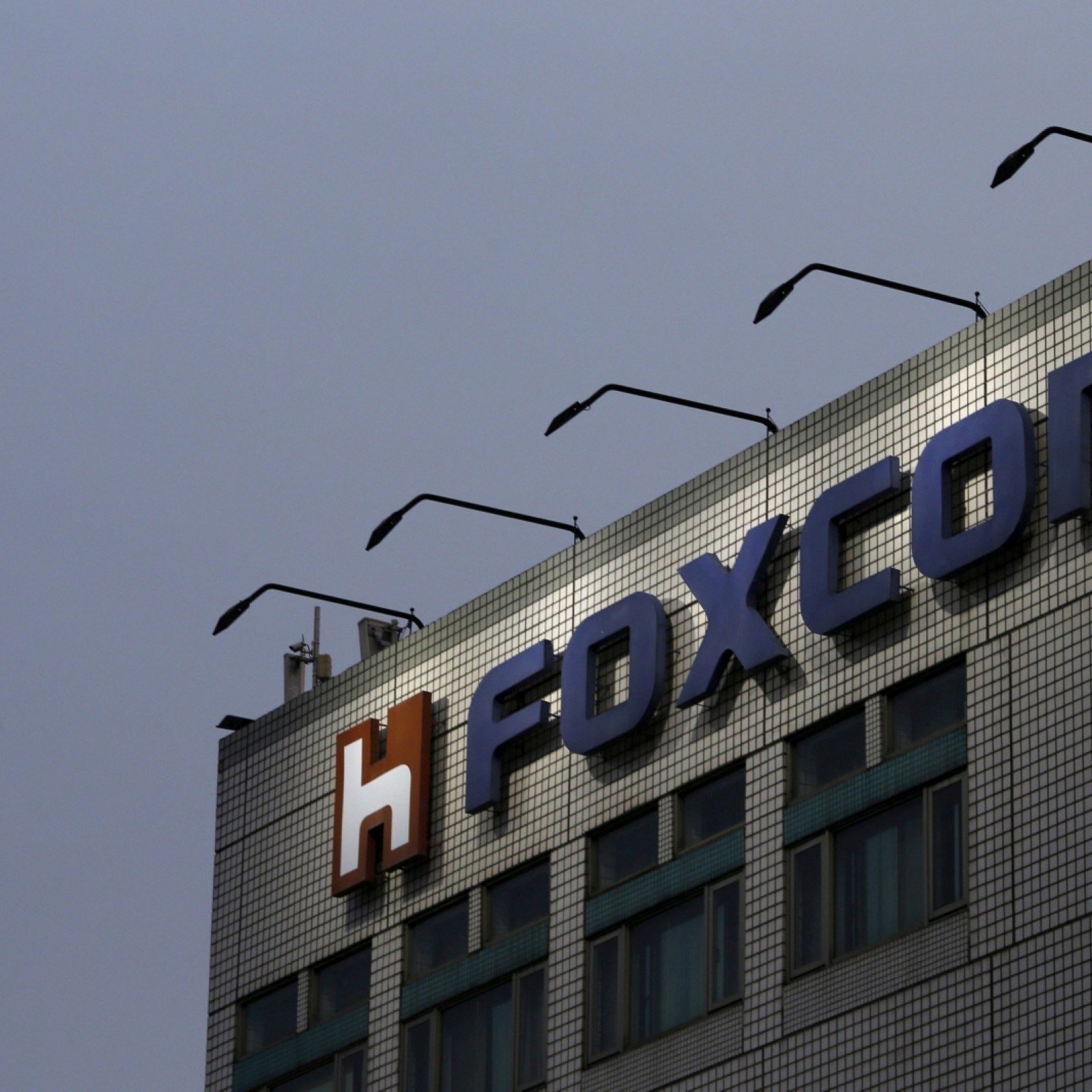Hon Hai Precision Industry Co., Ltd. (Foxconn)
Hon Hai Precision Industry Co., Ltd. (Foxconn)
1. Company Overview
Founded in 1974 by Terry Gou, Hon Hai Precision Industry Co., Ltd., trading as Foxconn, has grown from a small electrical parts supplier into the world’s largest electronics manufacturer and a key enabler of the modern digital economy. Headquartered in New Taipei City, Taiwan, Foxconn employs over 800,000 people worldwide and operates production facilities across Asia, the Americas, and Europe.
The company is best known as the primary assembler of Apple’s iPhone, but its global influence extends to producing electronics for Microsoft, Sony, Dell, Amazon, and numerous automotive and networking firms.
2. From Contract Manufacturer to Technology Ecosystem Leader
Foxconn is redefining itself beyond manufacturing efficiency. The company is investing heavily in AI, electric vehicles (EVs), semiconductors, and robotics — strategic shifts aimed at transforming it from a manufacturing partner to a technology solutions provider.
This evolution reflects a larger industry trend where manufacturing giants move upstream to capture greater value through innovation, data, and digital ecosystems.
3. The EV Transformation: The “MIH Open Platform”
Foxconn’s Mobility in Harmony (MIH) initiative is its blueprint for the EV future. The MIH platform allows automakers to build EVs faster and at lower cost through open-source collaboration and modular design.
The company has partnered with automakers like Stellantis, Lordstown Motors, and Fisker Inc., while investing in battery technology, motor control systems, and vehicle connectivity.
Foxconn aims for 5% of the global EV market by 2025, positioning itself as the “Android of electric vehicles.”
4. The AI & Robotics Revolution
Automation is central to Foxconn’s production philosophy. With over 100,000 industrial robots in operation, the company is enhancing precision, reducing human error, and boosting productivity.
AI is increasingly being integrated into:
-
Predictive maintenance for production lines,
-
Supply chain optimization, and
-
AI-driven quality inspection systems.
Foxconn’s AI Research Center in Taiwan is developing smart manufacturing algorithms to push the frontier of Industry 4.0.
5. Semiconductor Strategy: Securing the Future
Recognizing the global chip shortage’s impact, Foxconn has strategically entered the semiconductor industry through joint ventures and acquisitions, including partnerships with TSMC and Yageo.
The goal: build supply resilience for its clients and support the growing demand for chips in EVs, consumer electronics, and IoT devices.
6. ESG and Sustainability Commitment
Foxconn’s sustainability roadmap emphasizes:
-
Carbon neutrality by 2050,
-
Transition to renewable energy in key facilities,
-
Advanced recycling and waste reduction programs, and
-
Improving employee welfare across its global plants.
The company’s latest sustainability reports detail significant investments in clean energy, circular economy initiatives, and supply chain transparency — essential for ESG-conscious clients like Apple and Dell.
7. Global Challenges and Strategic Resilience
Foxconn faces complex global dynamics:
-
Geopolitical risk between the U.S. and China,
-
Supply chain disruptions from pandemics and logistics crises, and
-
Labor and automation balance amid workforce challenges.
In response, the company is diversifying production into India, Vietnam, Mexico, and Brazil — reducing concentration risk while supporting local economies.
8. Financial Performance and Market Position
Foxconn’s diversified revenue streams make it resilient. The company reported over $200 billion in annual revenue, ranking among the top five global technology firms by sales. Its stable margins reflect both operational efficiency and deep integration across technology value chains.
9. Outlook: From Manufacturer to Innovator
Foxconn’s transformation marks a new chapter in global manufacturing. Its focus on AI, EVs, and semiconductors signals a deliberate pivot toward high-value technology leadership.
As sustainability, digitalization, and supply chain agility reshape global industry, Foxconn’s challenge — and opportunity — lies in balancing its scale with innovation speed.
10. Conclusion
From assembling smartphones to building the future of mobility and AI-driven factories, Foxconn represents industrial reinvention at scale. Its story reflects how manufacturers evolve to lead in a world defined by intelligence, automation, and sustainability.
For investors, policymakers, and tech leaders, Foxconn’s journey underscores a vital message: manufacturing excellence and technological innovation are no longer separate pursuits — they are the same currency of global competitiveness.











Leave a Reply